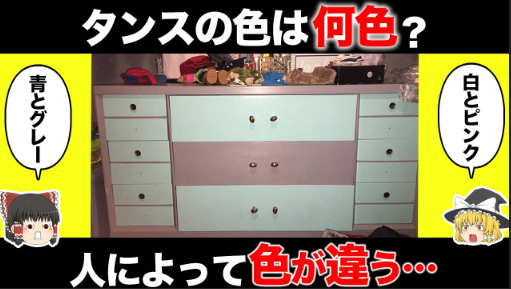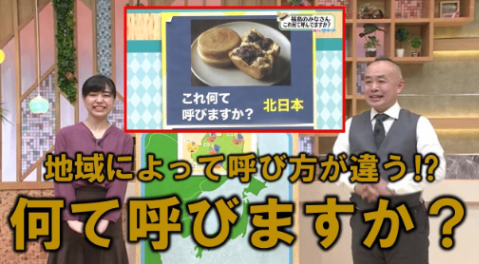ちがう (chigau) Meaning Japanese Grammar - No
Anna Baffa Volpe
Get in touch with meThe verb ちがう (chigau) is in the dictionary form and means be different, be wrong, be incorrect, vary.
We'll see in this post various examples of ちがう in its original meaning and also in everyday conversation, particularly telephone conversation where it takes on the meaning of No, it's wrong.
ちがう in negative answers
The Kanji of this verb is 違う and its polite form 違います. It is used in the affirmative form, but with a negative meaning.
In everyday informal and confidential conversation it is often heard 違う to express a negation and is often combined with いいえ No. The meaning of ちがう using another form is そうではない.
あきこ
あなたのバッグはこれ?
Is this your bag?
えいこ
違うよ。私のはあれだよ!
No, mine is that one over there!
On the phone:
A
もしもし山田さんですか。
Hello, is this Yamada san?
B
いいえ、違います。
No, it's not.
ちがう: it is wrong
The verb ちがう has affirmative form, but the nuance of meaning is negative.
We can translate the verb as being different, being dissimilar, being wrong, being false and in the latter cases it is synonymous with 間違っている。
Degrees of diversity
ちがう as a verb and can be preceded by an adverb, we see 3 cases expressing a different degrees of diversity.
- 全然違う
completely / totally different, - とても違う
very / quite different, - 少し違う
slightly different.
妹は私とは全然違う。
My sister is completely different from me.
The verb ちがう is preceded by the particle と: differ from.
けい子さんはいつもと少し違う。
Keiko is different than usual.
によって違う: depending on
A common usage of the verb 違う follows the structure:
and its translation is:
- A changes depending on B;
- the variation of A depends on the variation of B,
- A depends on B.
バスのチケット料金は時間帯によって違いますか?
Do bus ticket prices vary depending on the time of day?
性格は人によって違います。
Personalities differ from person to person.
Titles of articles published on the Internet:

タンスの色は何色?人によって色が違う。。。
What colour is the wardrobe? The color differs depending on the person...

地域によって呼び方が違う!?何て呼びますか?
Is it called differently depending on the region!? What do you call it?
In this last title we find an interesting structure: verbal base + 方 kata: how to do something, the way of doing something. ...
Examples of ちがう
Here is the title of a recent Japanese film in its literal translation.

違う惑星の変な恋人
Strange lovers from a different planet
私たちは高校も大学も違います。
We went to different high schools and different universities.
Example with the synonym 間違う in the form ている, past tense ていた.
私が間違っていました。
I was wrong.
Similar grammar points in Japanese 📚
から
から (kara) Meaning Japanese Grammar - Because
だけ
だけ (dake) Meaning Japanese Grammar - Only
たりする
たりする (tari suru) Meaning Japanese Grammar - Do Such Things as A, B Etc
まだ
まだ (mada) Meaning Japanese Grammar - Still
ないでください
ないでください (naide kudasai) Meaning Japanese Grammar - Please Do Not Do
たい
たい (tai) Meaning Japanese Grammar - Want